Black Lives Matter: Here's what you can do to help
How to donate, learn, support, protest, and seek advice
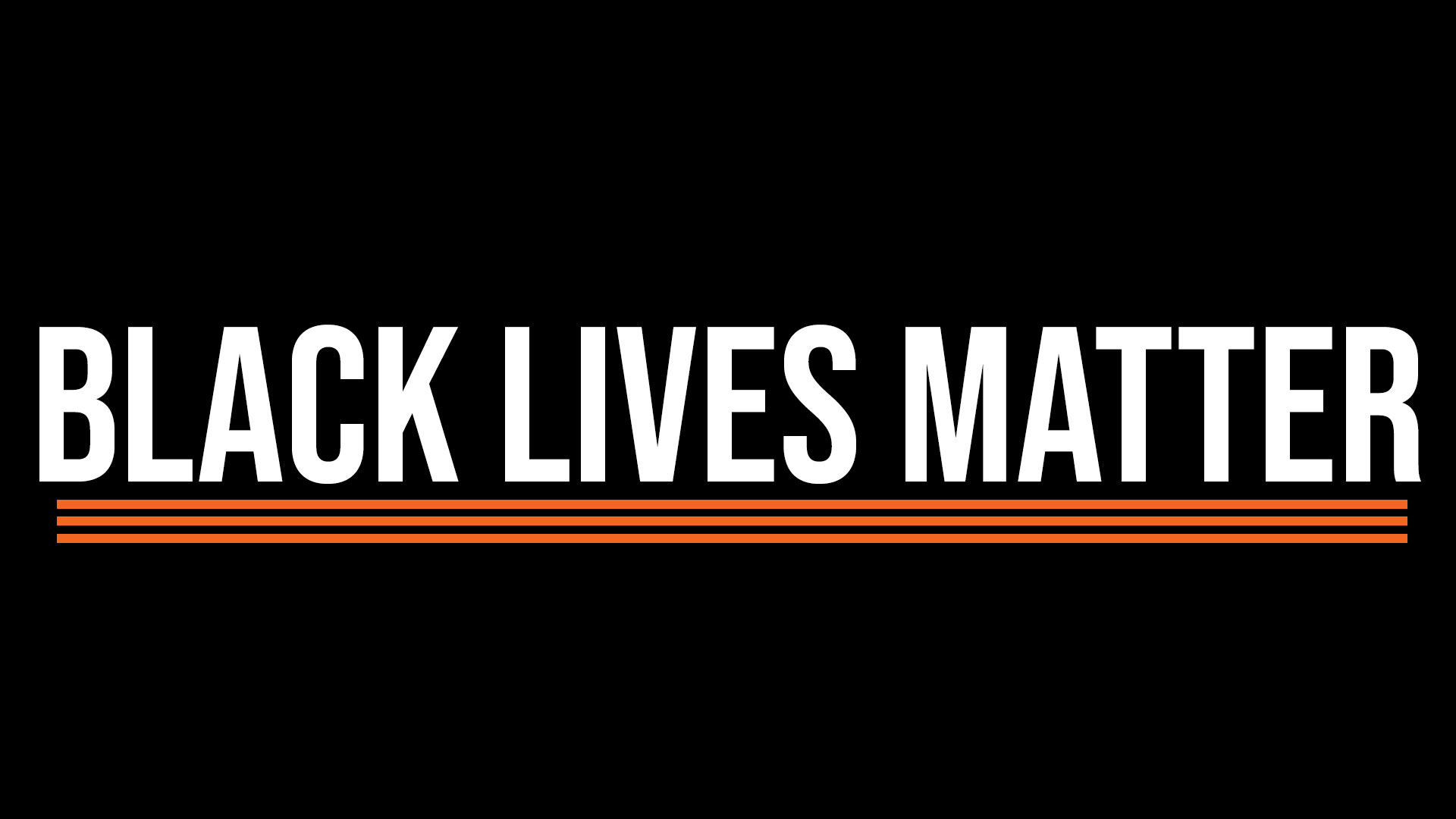
Yes, this is another Black Lives Matter article.
Given that you're on GamesRadar, I’m going to guess that you came here for the games. Maybe, you're a fan of the film section. Either way, you were looking for escapism, and instead, you found the opposite.
But here's why: on May 25, George Floyd was killed by police officer Derek Chauvin, who knelt on his neck for more than eight minutes. On March 13, Breonna Taylor died after being shot eight times by police, who had illegally raided the wrong house. On February 23, Ahmaud Arbery was shot dead while jogging, by two white men. Despite clear video of the killing, it took 74 days to arrest his murderers.
Something needs to change.
Of course, facing such a huge issue can feel overwhelming. It's easy to assume that one person can't do much to tackle deep-rooted, systemic racism, when in fact, there's a huge range of practical steps you can take, and all of them make a difference – even reading this article. So, here's your guide to fighting racism, supporting the black community, and standing up to police brutality. It's not quite as much fun as Modern Warfare season 4, or a PS5 reveal, but let's face it – it's a lot more important.
Everyday Activities
Everyday activities
You might be feeling paralysed by the news lately, and unsure of what to do next. That's why I’m starting with a few straightforward ideas that everyone can incorporate into their day-to-day life – no excuses.
1. Social media support
Something simple anybody can do is post support for Black Lives Matter on social media. It might not seem like much, but public support helps black people know they aren't fighting alone, reminds racists that others oppose them, and pushes government officials to make a change. If you're not sure what to say, it’s okay to just say that, or share helpful resources instead – actions speak louder than words.
Bringing all the latest movie news, features, and reviews to your inbox
2. Sign petitions
Another easy way to help is to sign, or start, relevant petitions. It only takes a few seconds, but with enough voices, you can send a powerful statement to power. Here are some important petitions currently open:
Justice for George Floyd
George Floyd was killed by police officer Derek Chauvin, after a routine call to investigate a counterfeit banknote. Legally, the police were simply required to question the holder, to try and trace the source of the note; instead, Derek Chauvin knelt on Floyd’s neck for eight minutes. This petition successfully pushed for charges to be filed against Chauvin, and now seeks the same for the three other officers involved.
https://www.change.org/p/mayor-jacob-frey-justice-for-george-floyd
Justice for Breonna Taylor
On March 13, Kentucky nurse Breonna Taylor was killed by Louisville police as they illegally executed a drug raid in the middle of the night at the wrong address, despite having already arrested the correct individual earlier that day. So far, no police officers have been fired, and investigation has been slow – this petition aims to change that.
Start your own petition
In the United Kingdom, you can also start your own petition to the UK Government; if it reaches 10,000 signatures, the government is required to respond, and if it reaches 100,000 signatures, your petition will be considered for a debate in Parliament.
https://petition.parliament.uk/petitions/new
Be aware of UK government consultations
Similarly, keep an eye on UK government consultations, particularly those labelled “Police powers”, or to do with issues affecting black people. These consultations are how the government weighs up public opinion, so take the time to send in a response.
3. Confront everyday racism
If you witness racism in your daily life, calmly and carefully speak up. If it's happening in public and you don’t feel safe to step in, document it with your phone, and crucially, offer help afterwards. One of the hardest things about hearing racist comments, or being abused in public, is watching the people around you pretend it isn't happening. Yes, it can feel awkward to confront friends and family about racist language or opinions, but if you’ve ever suffered through a surprise sex scene with your parents in the room, you can cope with an uncomfortable conversation. After all, if you let racist behaviour go unchecked, you're allowing it flourish.
4. Be careful about content
Graphic videos and photos of black people being killed are shared so frequently that many people of colour are traumatised; psychologists have documented a rise in PTSD symptoms, including anxiety, feelings of dread, and depression. If you're sharing explicit content, like a police shooting, make sure you post a clear warning, so people can choose not to watch. Similarly, be careful in conversation – not everyone can cope with talking about police brutality, so don't dive straight in with distressing details. Most importantly, check in with the black people in your life. There's a constant stream of incredibly upsetting content right now, so reach out and let them know you're there if they need support.
Donate
Where to donate
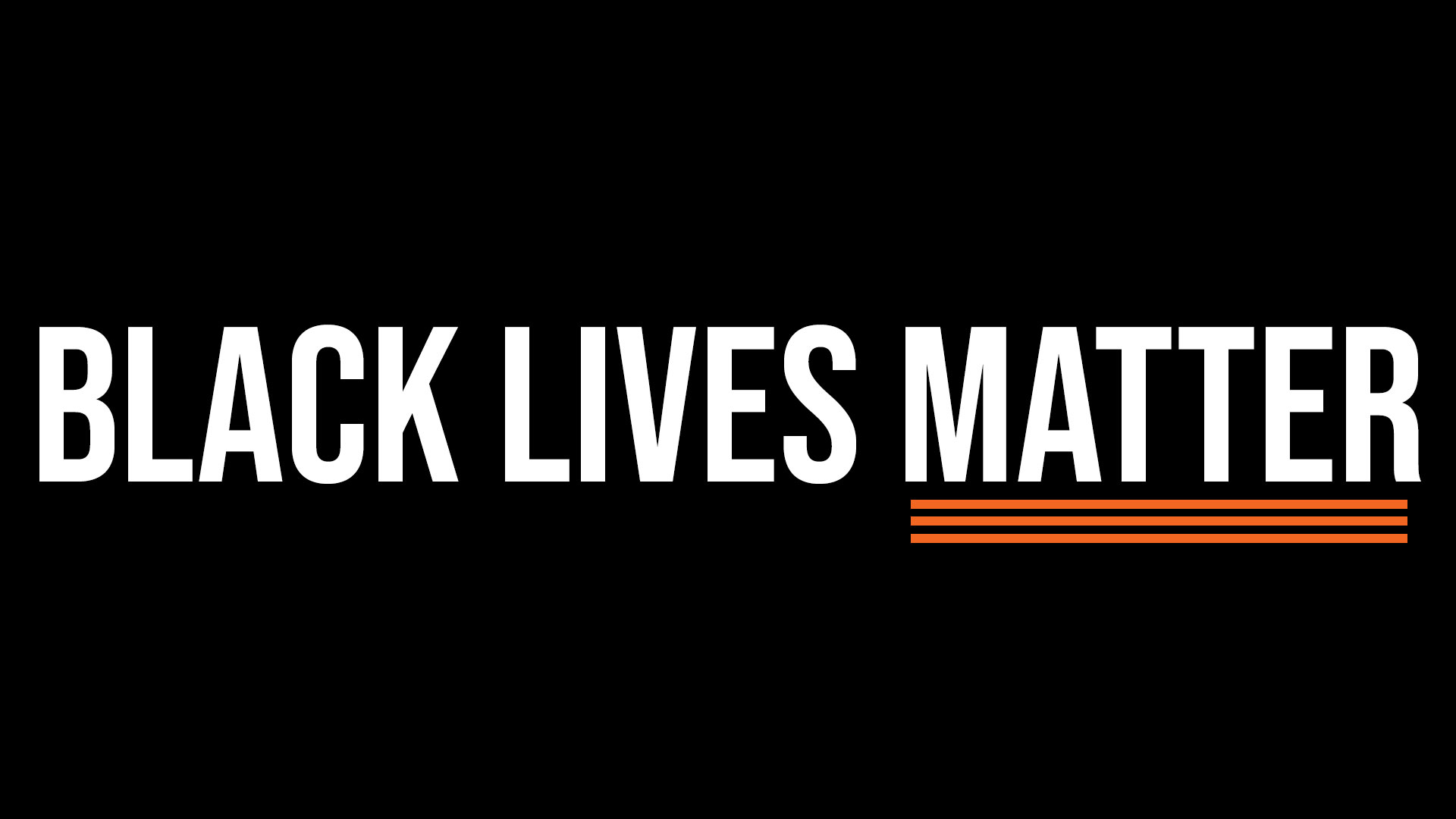
Let's be honest – one of the most helpful things you can do is just donate money, so here's a number of black causes that are actively fighting racism, or police brutality.
The Official George Floyd Memorial Fund
This fund was started by Philonise Floyd, George Floyd's brother, to help cover funeral expenses, and provide financial care for his children. However, in addition to supporting a bereaved family, you’re also supporting their fight for justice, as funds will be set aside to cover legal expenses.
https://www.gofundme.com/f/georgefloyd
Black Lives Matter
Started six years ago by a coalition of campaigners, Black Lives Matter has gone on to become a global movement. It works to end white supremacy, and violence against black people, by mounting demonstrations, providing resources, and supporting black communities.
US: https://secure.actblue.com/donate/ms_blm_homepage_2019
UK: https://www.gofundme.com/f/ukblm-fund
Civil liberty organisations
The ACLU in the US, and Liberty in the UK, are both advocacy groups which fight for civil liberties, and protect your human rights. They challenge dangerous police powers in court, in addition to representing people who have been mistreated by police officers, and are important voices in the fight to end police brutality.
UK: Liberty: https://liberty.netdonor.net/page/57463/donate/1
US: ACLU: https://action.aclu.org/give/now
Police accountability organisations
The National Police Accountability Project (NPAP) in the US, and StopWatch in the UK, are two organisations which campaign for fair policing, and police accountability – particularly when it comes to racial disparities in treatment.
UK: StopWatch: https://www.gofundme.com/f/StopWatch-Campaign-for-Fair-Accountable-Policing
US: The National Police Accountability Project: https://www.nlg-npap.org/donate/
The Stephen Lawrence Trust
In 1993, 18 year-old Stephen Lawrence was murdered in an unprovoked racist attack. The initial police investigation failed to gain any convictions, and a public inquiry into how the police handled Stephen’s case led to significant cultural changes in attitudes to racism and police practice. The Stephen Lawrence Trust was founded to work with young people from disadvantaged backgrounds, as well encourage everyone to work towards a fairer society.
UK: https://www.stephenlawrence.org.uk/support-us/donate/
Bail funds
Donating to a bail fund allows people from communities historically targeted by police to exercise their right to protest, safe in the knowledge that they won’t be trapped in jail if arrested. Here’s a comprehensive collection of all the US bail funds currently seeking donations.
Other organisations
Feeling particularly generous? Here's a huge list of organisations that need support in the fight for equality.
https://lifehacker.com/where-to-donate-to-help-people-fighting-for-racial-just-1843852418
How to hold the police accountable
How can I hold the police accountable?
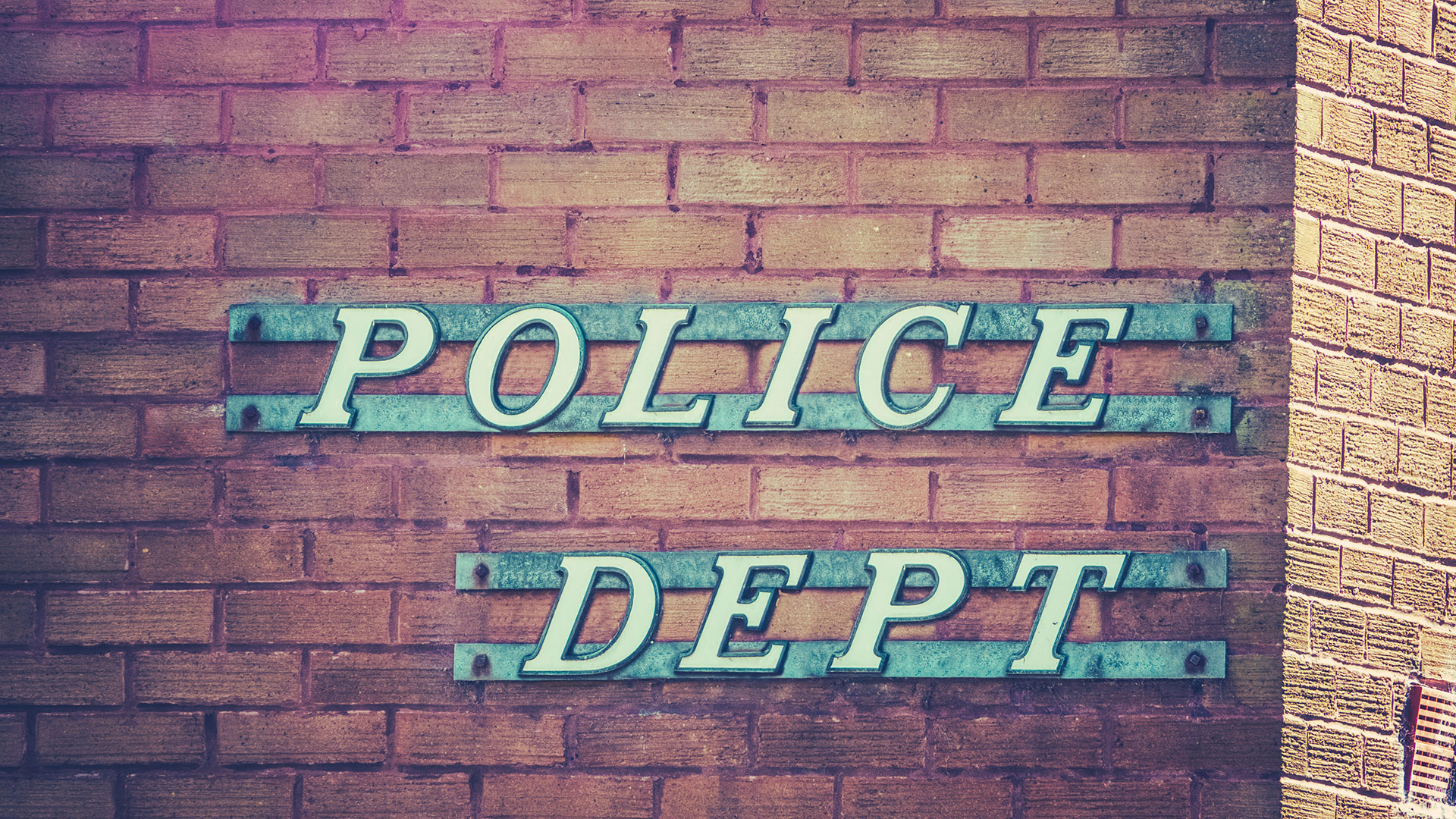
A significant step towards racial equality is ensuring that the police treat people fairly and equally - something we can aim for by holding them accountable.
Document police interactions
As we've seen from videos going viral, filming police interactions is an effective way to raise awareness of mistreatment or brutality. If you see a worrying situation involving the police and a black person, document it without obstructing the police – film with your phone, and if safe, declare your presence. In addition, if you can, make a note of the badge numbers of officers involved, and their licence plates. Hopefully, having witnesses will ensure police behave legally. If not, there's footage.
Make official complaints
If you have witnessed, or been subject to, police misconduct, always make a complaint. It doesn't guarantee change, or even justice, but does remind the police that people are prepared to take action against unfair policing.
Always begin by making a complaint directly to the local force – here's a guide on how to do that, and the process you'll need to follow.
UK: https://www.libertyhumanrights.org.uk/advice_information/how-do-i-make-a-complaint-against-the-police/
US: https://www.usa.gov/report-crime#item-35887
Once you've made a complaint, you should also contact one of the police accountability or civil liberty organisations I mentioned above. They'll be able to help you ensure you've followed legal procedure, and if necessary, can even help you bring legal action. You can also contact the media, if you're comfortable having your story and identity made public.
Contact your elected representatives
In the UK, we have Police and Crime Commissioners (PCCs), who are elected to make sure that local police meet the needs of the community. That means that, as a constituent, you can contact them to express concern about the way black communities are treated by the police.
You can find your local PCC here: https://www.apccs.police.uk/find-your-pcc/
Of course, you can also contact your local elected government officials to denounce police brutality against black people, and call for change. Try not to use websites that let you send a pre-written template; you're more likely to make an impact with a polite, honest, and personal email or phone call. Plus, many organisations / government bodies have blocks in place that will filter out any pre-written templates too. Don't know who your representatives are? Find out here:
UK: https://www.theyworkforyou.com/mp/
US: https://myreps.datamade.us/
Know your rights
It's a simple step, but probably the most important one: know your rights when dealing with the police.
In the UK, Y-Stop is an incredible resource. Part of campaign group StopWatch, Y-Stop has created an app that can inform you of your rights, record police, send a complaint, and even contact lawyers for you: www.y-stop.org/complaints
Don't want to download an app? Their website has a range of PDF guides on what to do if you're stopped by police, which you can download to your phone instead.
In the US, the ACLU has your back, with this step by step guide of what to do in a range of police interactions, from being pulled over, to being arrested.
https://www.aclu.org/know-your-rights/stopped-by-police/
They also have an app that can record police misconduct, and immediately store it on ACLU servers, meaning it can't be destroyed or removed from your phone.
https://www.aclu.org/issues/criminal-law-reform/reforming-police/aclu-apps-record-police-conduct
In addition, there's an independent app called Legal Equalizer which can show you your rights, and contact your friends or family if you're stopped by police.
Fight facial recognition
If you're serious about fair policing, oppose facial recognition technology. A NIST study showed it's up to 100 times more likely to incorrectly target ethnic minorities than white men, and in the UK, a police-organised independent review found it's wrong 81% of the time – but they're using it anyway. If facial recognition becomes a standard police tool, black people will become even more likely to be incorrectly targeted or arrested.
Reconsider when to call the police
Lastly, be careful when calling the police. Thanks to viral videos, we've watched the police being summoned by white people because a black man asked a woman to leash her dog. Because black men were using their work gym. Because a black mother and child used their community pool. Because a black student at Yale used the common room. Because a black family barbequed in the barbecue section of the park. I could go on.
Given how dangerous police interaction can be for black people, think hard before calling the police. Ask yourself: is this an issue that genuinely requires immediate police assistance, and most significantly, are you sure of the facts, or being blinded by bias?
Want to protest?
Want to protest?
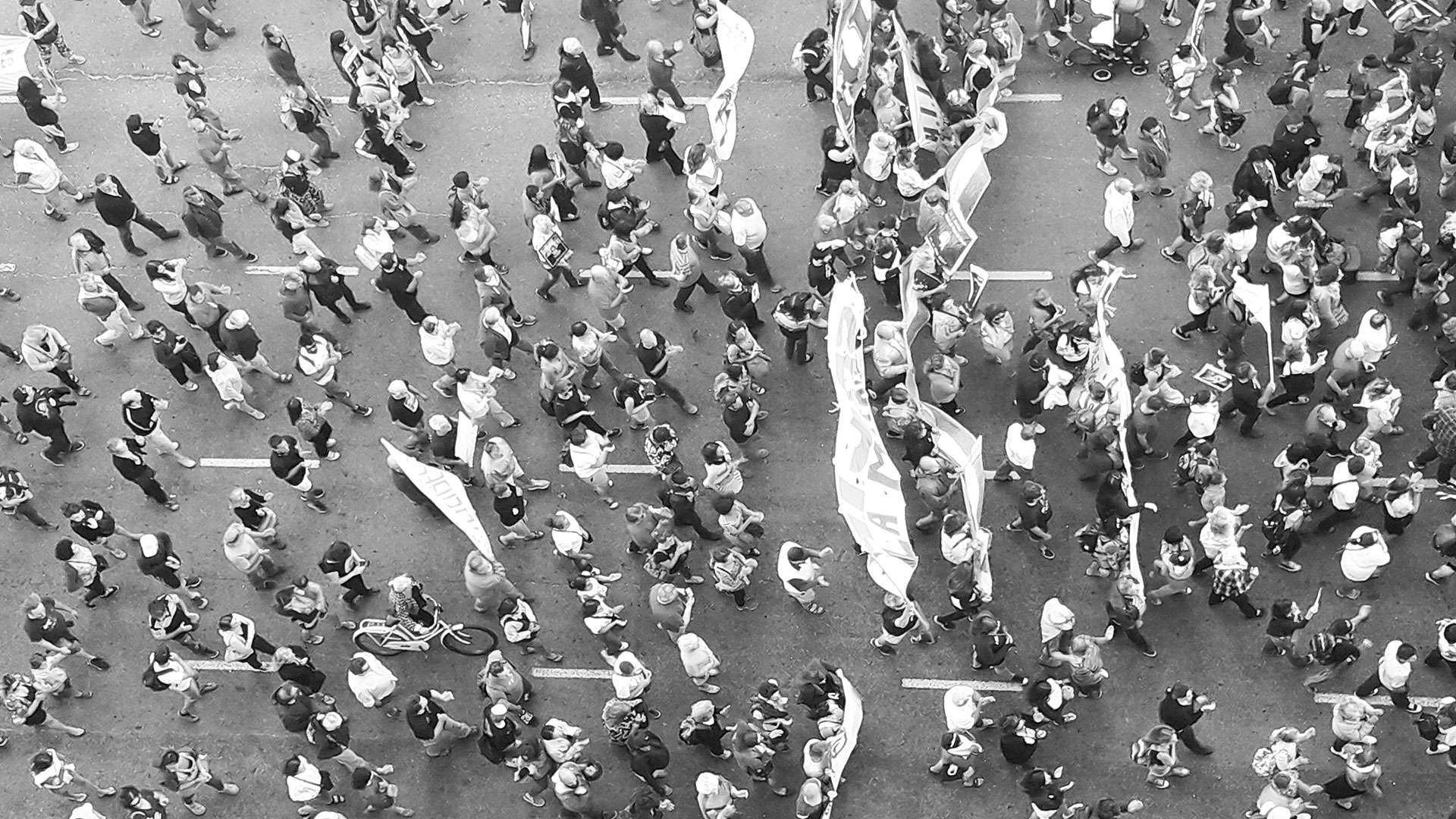
Protesting is one of the most powerful ways to call for change, as well as a fundamental right in any democratic society. That said, don't forget we're in the middle of a pandemic, and one which is disproportionately affecting back people. Recent research has shown that people of African or Caribbean descent are almost twice as likely to die from Covid-19, so don't feel ashamed about protecting your health, and the health of those around you, by staying at home. However, if you still want to demonstrate publicly, or even set up your own march, here's what you need to know - and how to do it safely during a pandemic.
Organising a protest isn't just about making an instagrammable sign and hoping it doesn't rain. If you want to run a public demonstration, you have to follow legal guidelines, and that includes informing the police. If you're in the UK, Liberty have a great guide: www.libertyhumanrights.org.uk/advice_information/how-to-organise-a-protest/, and if you're in the US, so do the ACLU: https://www.aclu.org/know-your-rights/protesters-rights/
You'll also need to think about practicalities, like inviting press, choosing a location, and getting the word out - all covered in this quick, helpful checklist: www.childrenssociety.org.uk/sites/default/files/how-to-protest.pdf
Whether you're organising a protest, or just attending, it's important to stay as safe as possible. In particular, as we've seen over the last few days, the police often respond disproportionately to protestors, using weaponry like tear gas, rubber bullets, pepper spray, Tasers, and guns. Protecting yourself requires both preparation, and an on-site contingency plan. Here's a brilliant guide from Wired on what to know before you go: https://www.wired.com/story/how-to-protest-safely-gear-tips/
Once you're at the protest, here's what to do during a police interaction - if you're from the US: https://www.aclu.org/know-your-rights/protesters-rights/#i-was-stopped-by-the-police-while-protesting, or the UK: https://greenandblackcross.org/bustcard/
Learn more
Want to learn more?
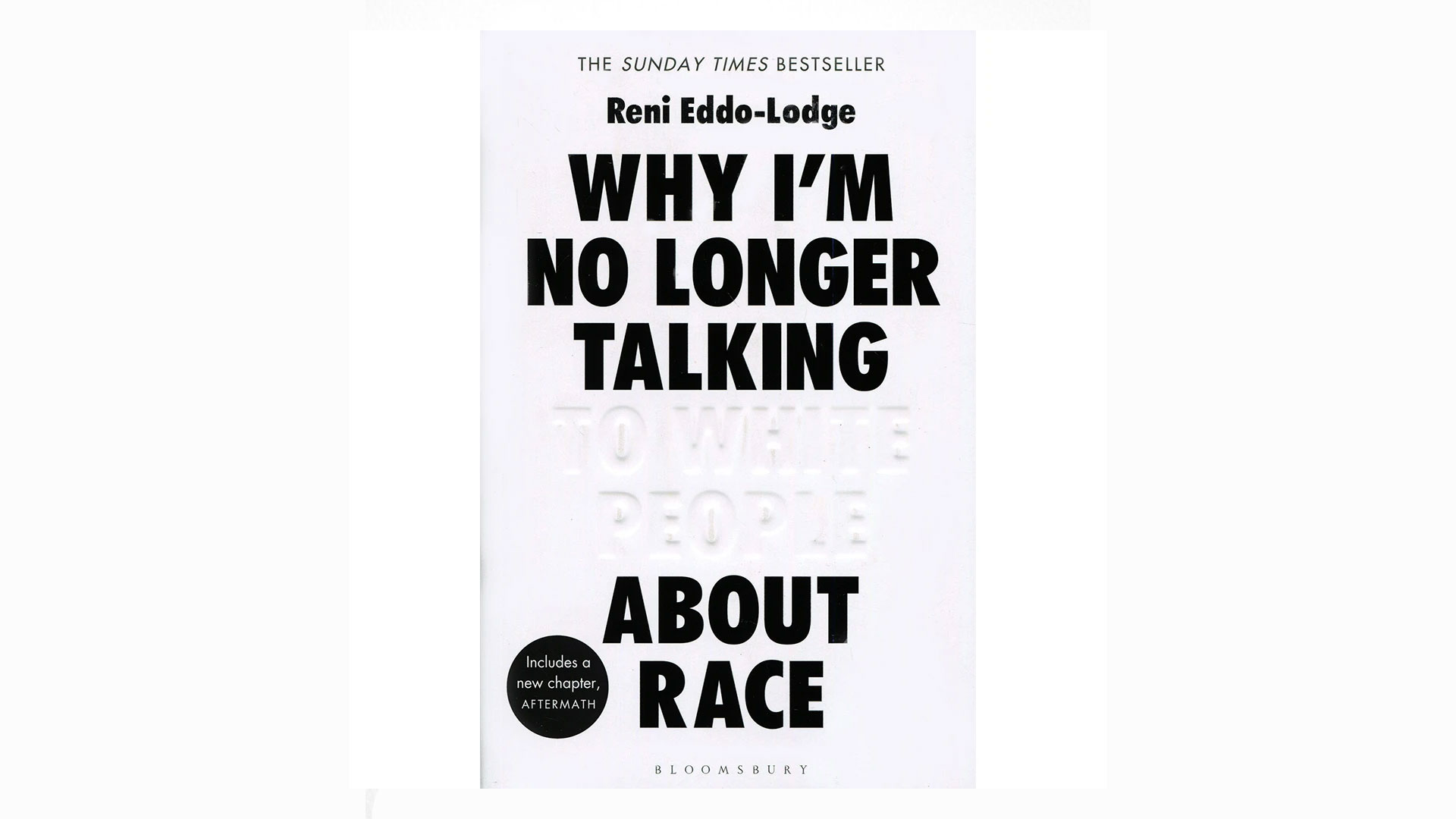
If you're really keen to learn more, and explore some of the fantastic resources on race, history, and society, here's a month long programme of content that lets you choose how much time you want to dedicate: 10, 25, or 45 minutes per day.
You can also take advantage of this extensive list of articles, podcasts, shows, and books, designed to help you become actively anti-racist.
However, if you want a more curated selection, here are a few educational essentials.
Books
Why I'm No Longer Talking to White People About Race, by Reni Eddo-Lodge
A blistering exploration of how racist structures were created, and how we can dismantle them.
White Fragility: Why It's So Hard for White People to Talk About Racism, by Robin DiAngelo
A thought-provoking investigation of what it means to be white in a systemically racist world.
So You Want to Talk About Race, by Ijeoma Oluo
A brilliant first step, this book gives you the tools to begin discussing topics like racism and privilege.
Articles
America's Racial Contract Is Killing Us
A powerful essay on which lives society considers valuable
The racist roots of American policing, by Connie Hassett-Walker
A short but important read, that explains how the US police system was built on racism
The Case for Reparations, by Ta-Nehisi Coates
A moving piece, which showcases personal experiences of racism
For children or students
BBC Bitesize on racism
An insightful video lesson, with an appearance from the wonderful Benjamin Zephaniah
BBC Newsround - Why are there huge protests in the US?
A child-appropriate article covering the recent protests, and Black Lives Matter
Parental toolkit on racism
A guide for parents who want to talk to their children about racism
Show Racism The Red Card
Educational factsheets and films on different types of discrimination
Thinking exercises
Examining privilege
One of the most straightforward ways to learn more is simply to think about how you're privileged. This is a tough one for many people - after all, who really feels like they've led a privileged life? However, white privilege doesn't mean your life is easy; instead, it means that your race hasn't made it harder. You might be surprised just how much of your everyday life benefits from racist societal structures – here are a few examples from a helpful checklist Boise State University put together:
- People know how to pronounce my name; I am never mocked or perceived as a threat because of my name.
- I know that the police and other state authorities are there to protect me.
- People of my race are widely represented in media, positively as well as negatively.
- I do not often have to think about my race or ethnicity – in fact, I don't really notice it.
- People do not assume that I am unintelligent or lazy based on my race.
- My race or ethnicity will not make people around me uncomfortable.
- I can go to a store or spend money knowing that no one will be suspicious of me.
- I am seen as an individual; I am never held personally responsible for the actions of other people of my race or ethnicity.
One simple question
If you aren't black, watch this video, and ask yourself the same, simple question.
Support for Black people
Where can black people find support?
It's a particularly distressing time for black people at the moment, and many people of colour will be under intense stress. So, whether you need help, or want to be able to offer help, here's a list of self-care resources. However, when Black Lives Matter is no longer a trending topic, please don't forget that black people experience this level of racism and dehumanisation every single day, so don't stop checking in.
Firstly, if you need immediate support with suicidal thoughts, here's a list of global numbers you can call for urgent help: faq.whatsapp.com/en/28030010
Next, turn off video autoplay on Twitter. You don't need to be repeatedly bombarded with graphic depictions of black death, or police brutality, and continual exposure is linked to poor mental health: www.help.twitter.com/en/using-twitter/twitter-videos
In the UK, black people can take advantage of free therapy services, as well as a network of BAME therapists: www.baatn.org.uk/free-services/
There's also a free meditation app called Liberate, which has been specifically designed by and for people of colour. It's the ideal way to switch off, with guided sessions on every aspect of the black experience.
In addition, online organisations like HealHaus and Ethel's Club are offering free online sessions for black people, exploring topics like grief, meditation, and healing.
Finally, if you want to understand more about how racial trauma can affect you physically and mentally, PBS has this in-depth piece, and The Conversation put together a list of eight things you should do to support yourself.


